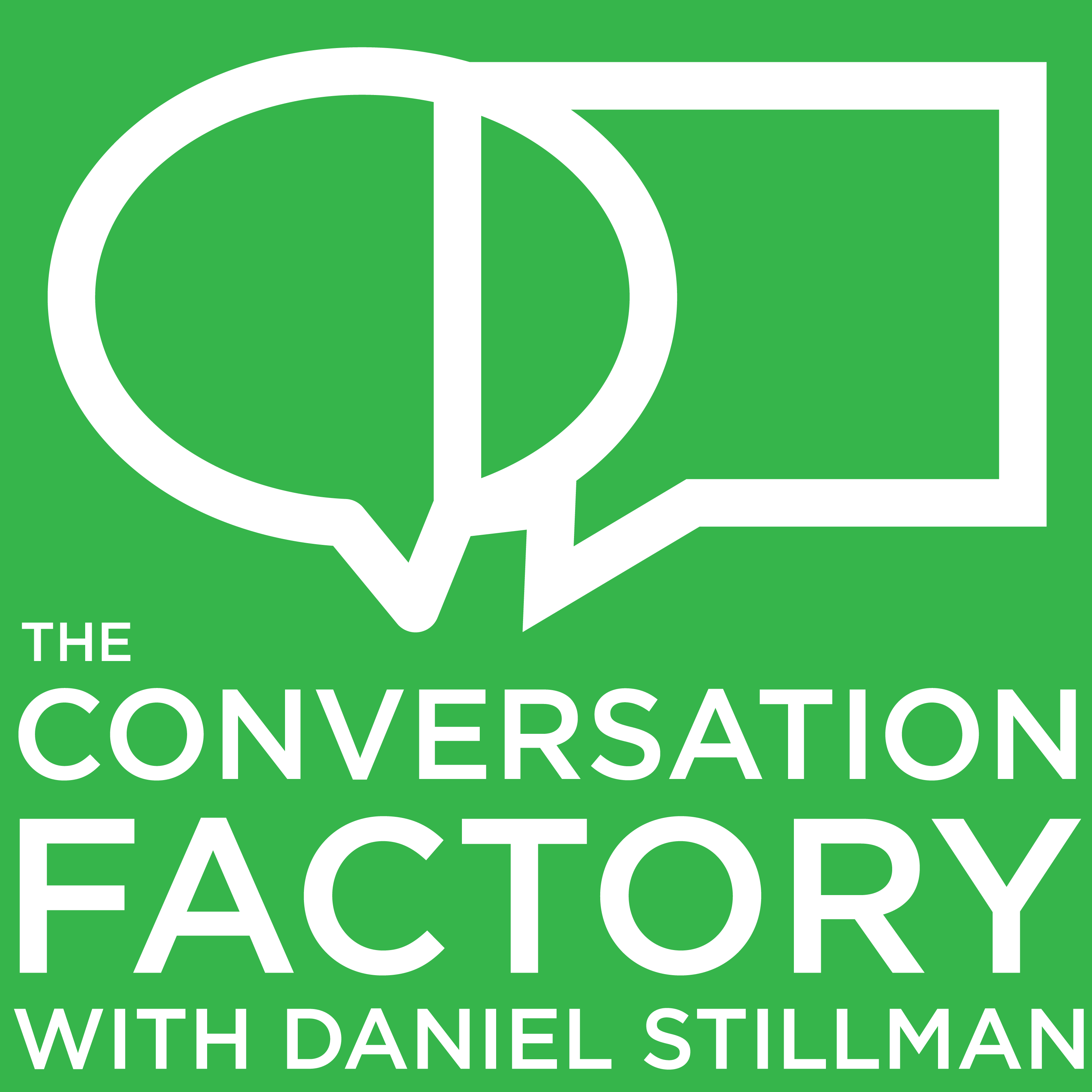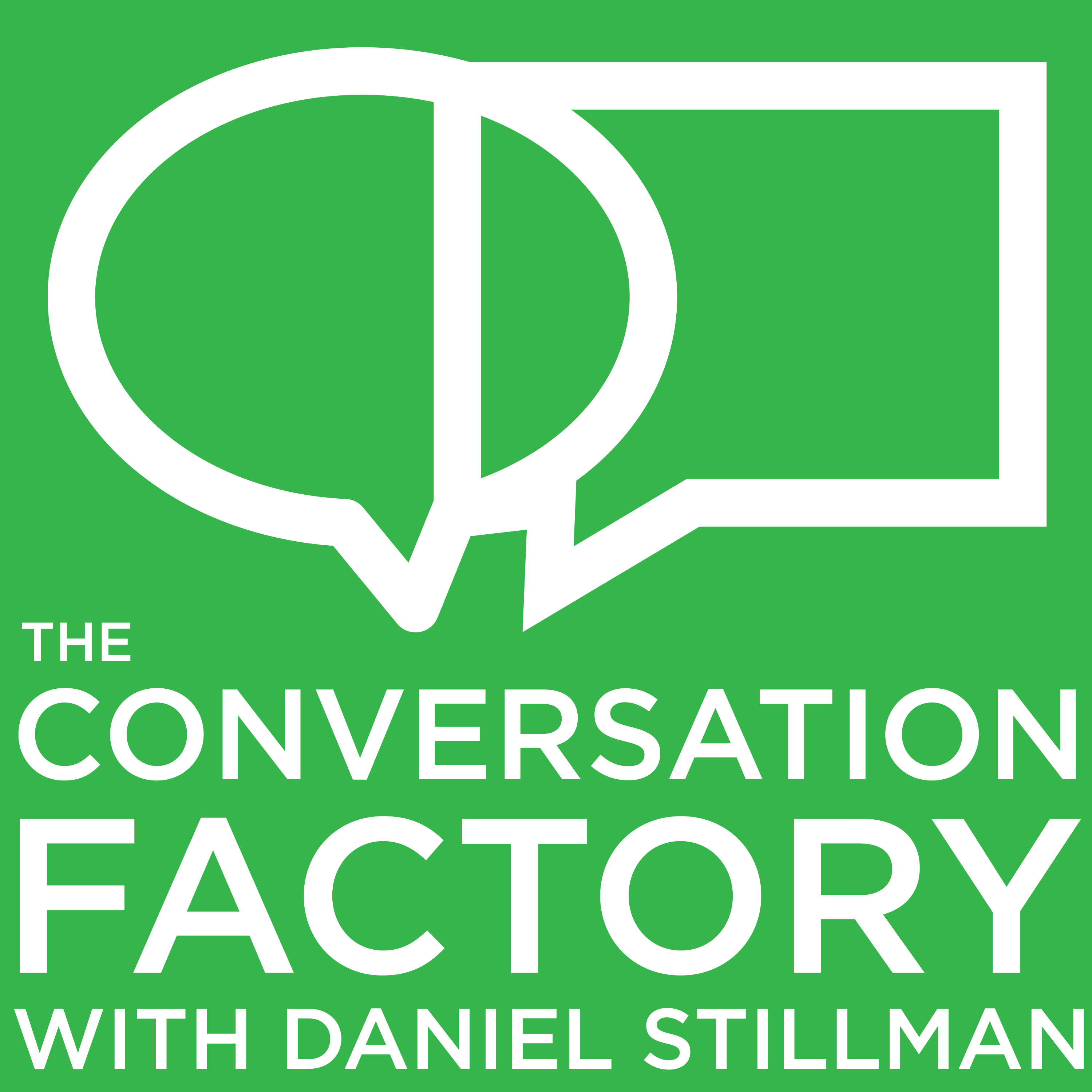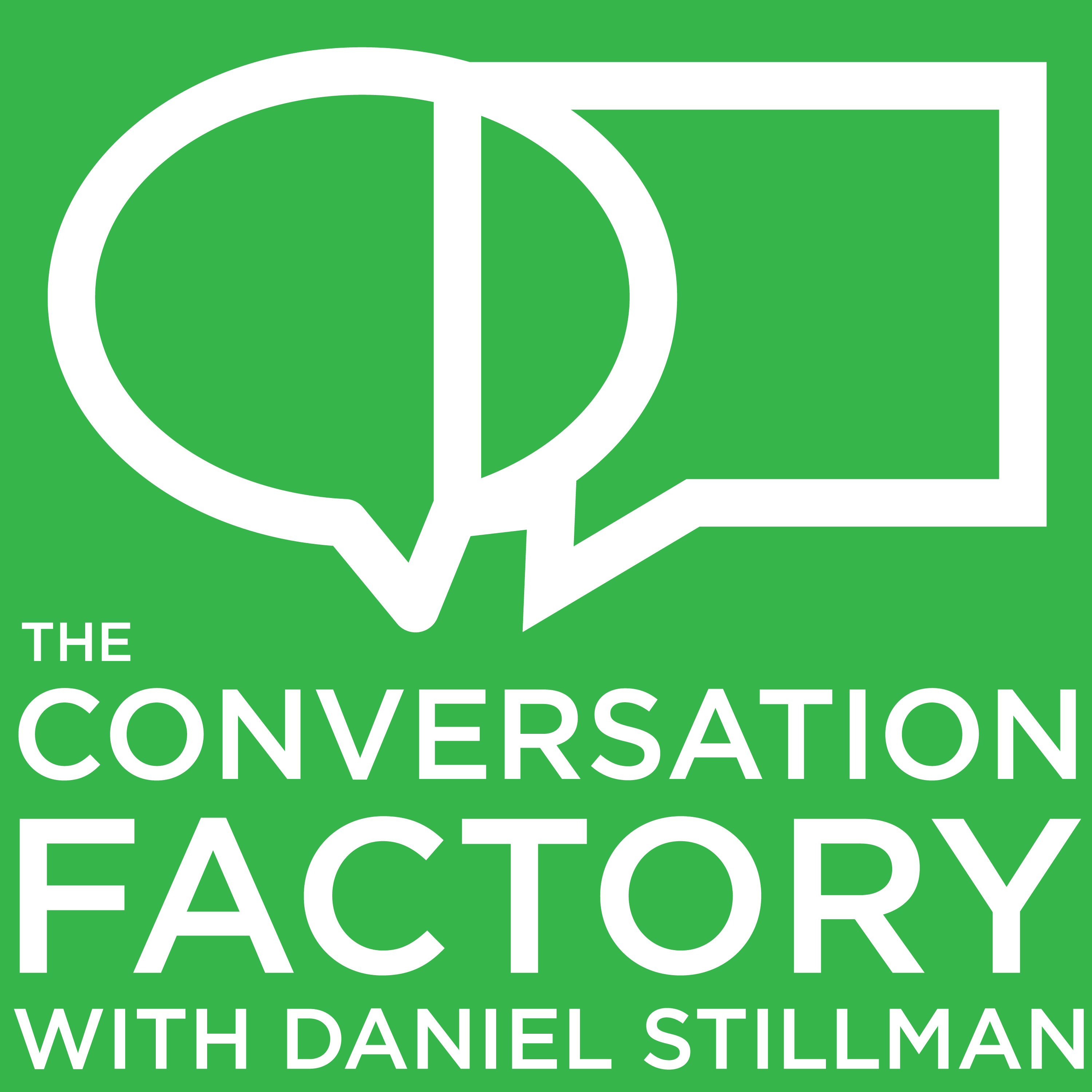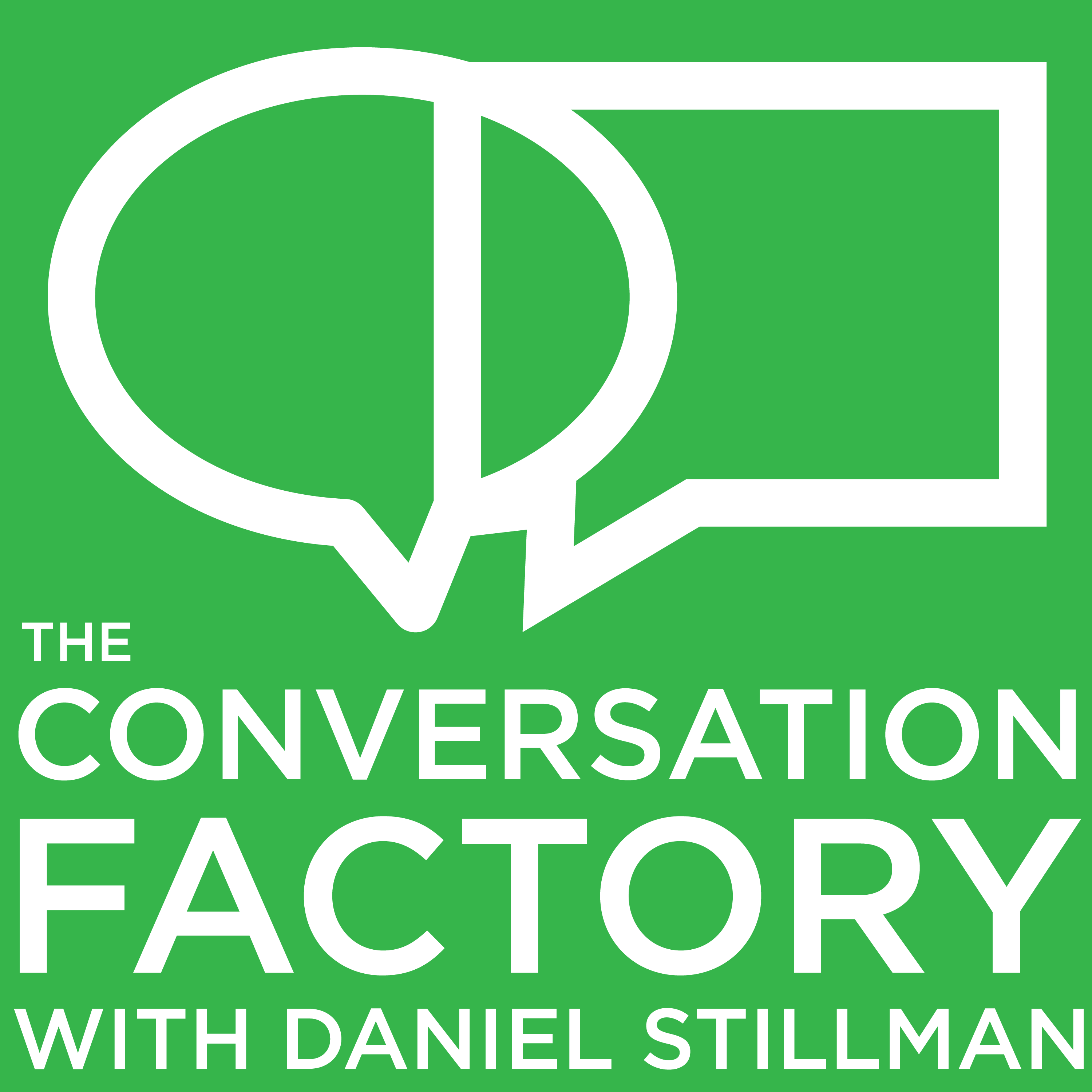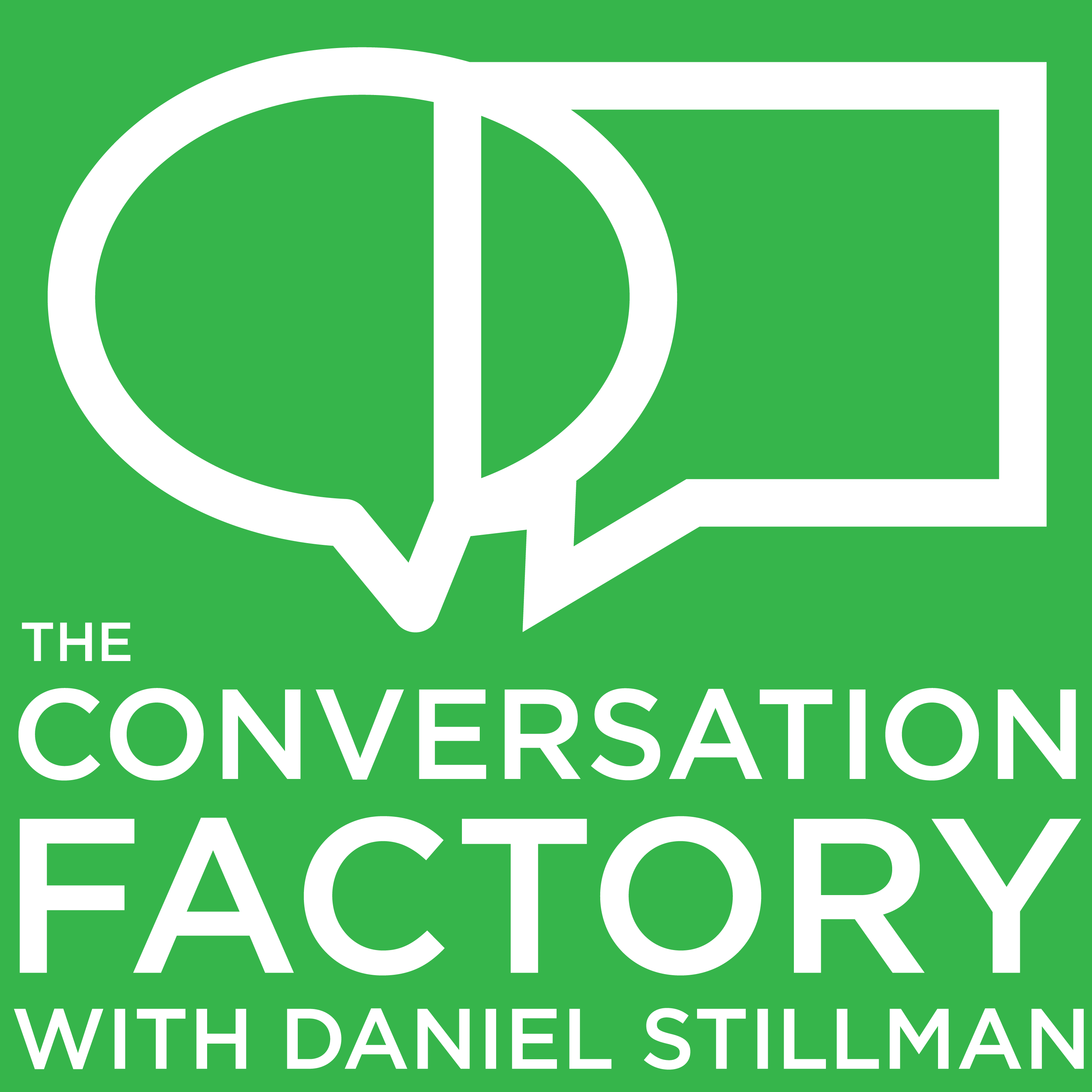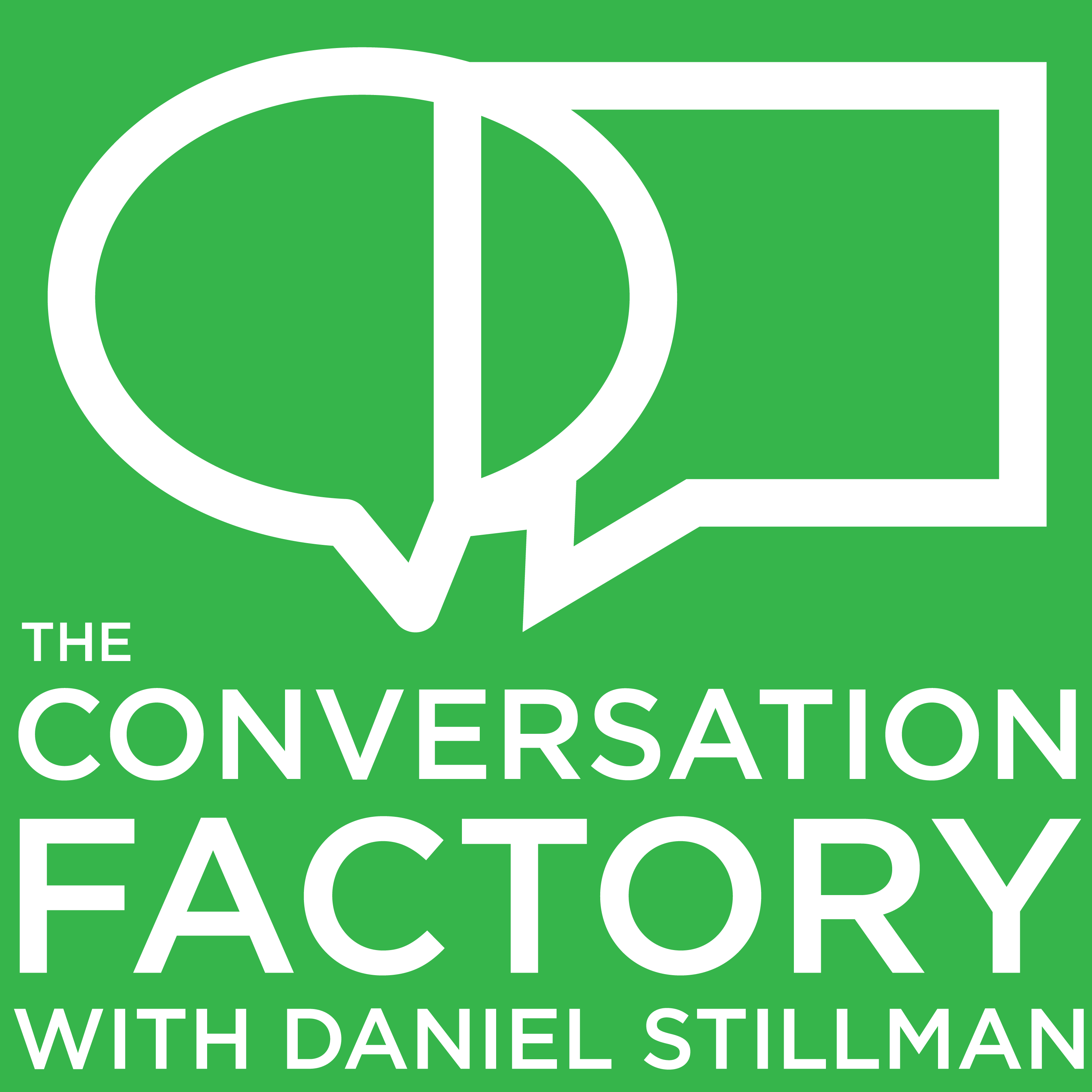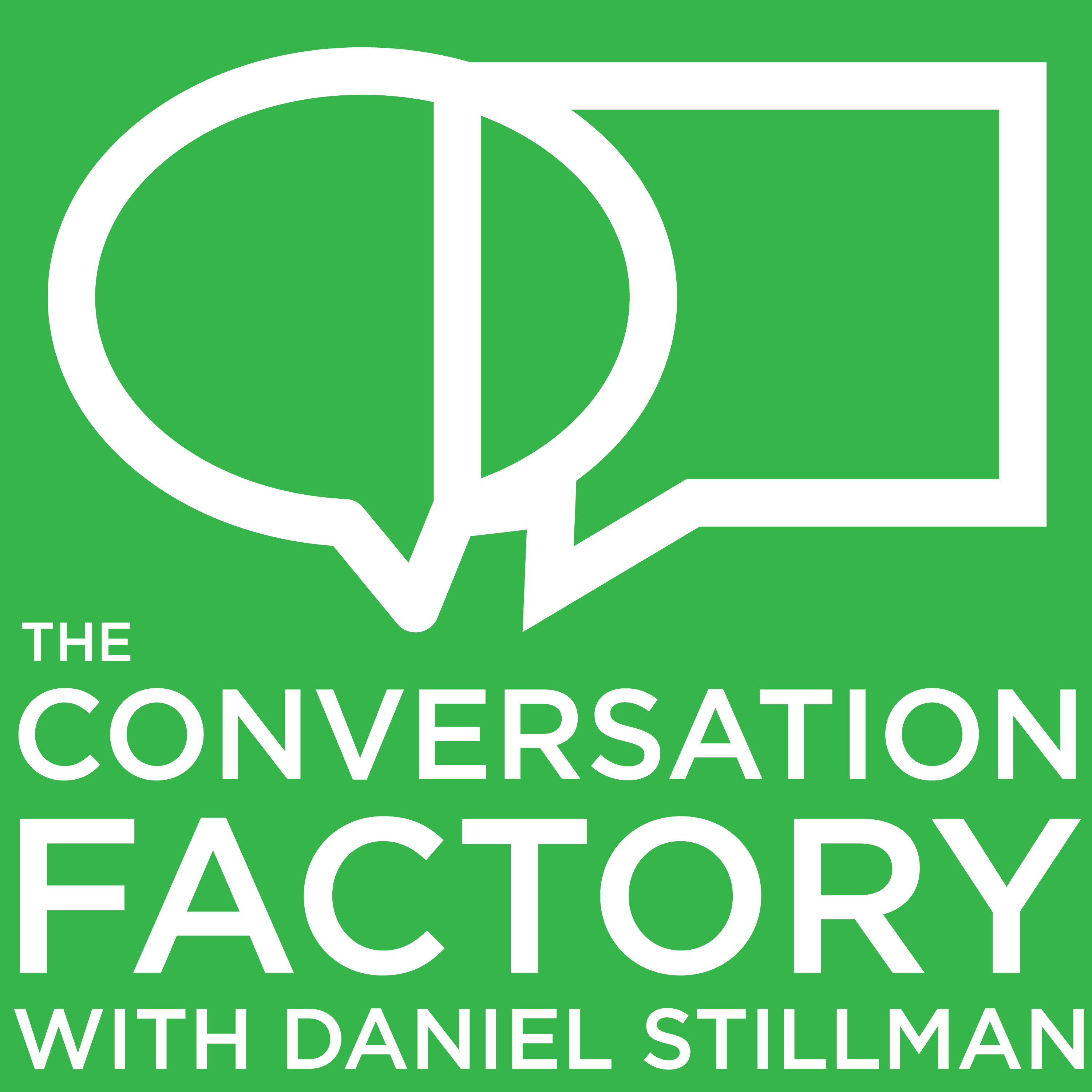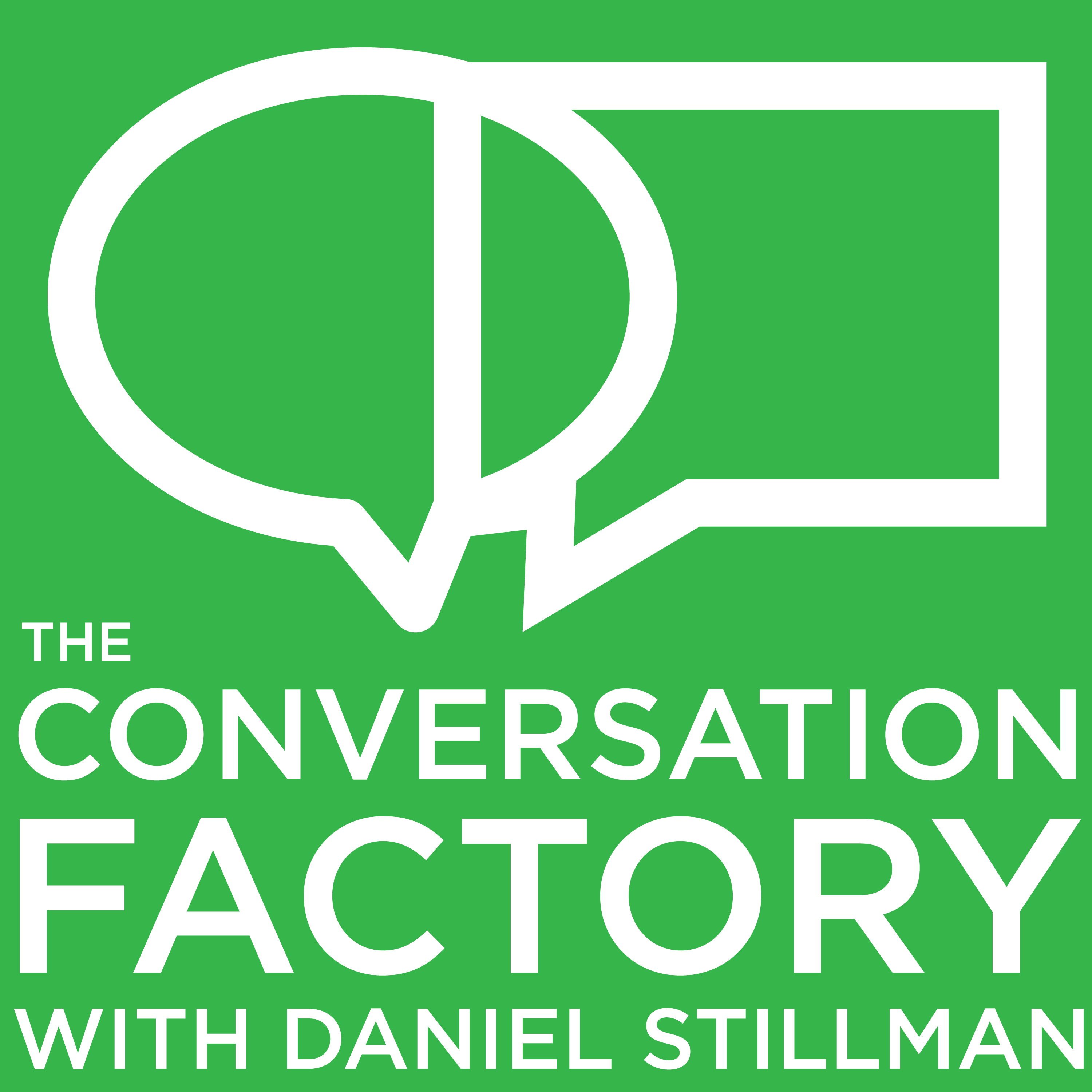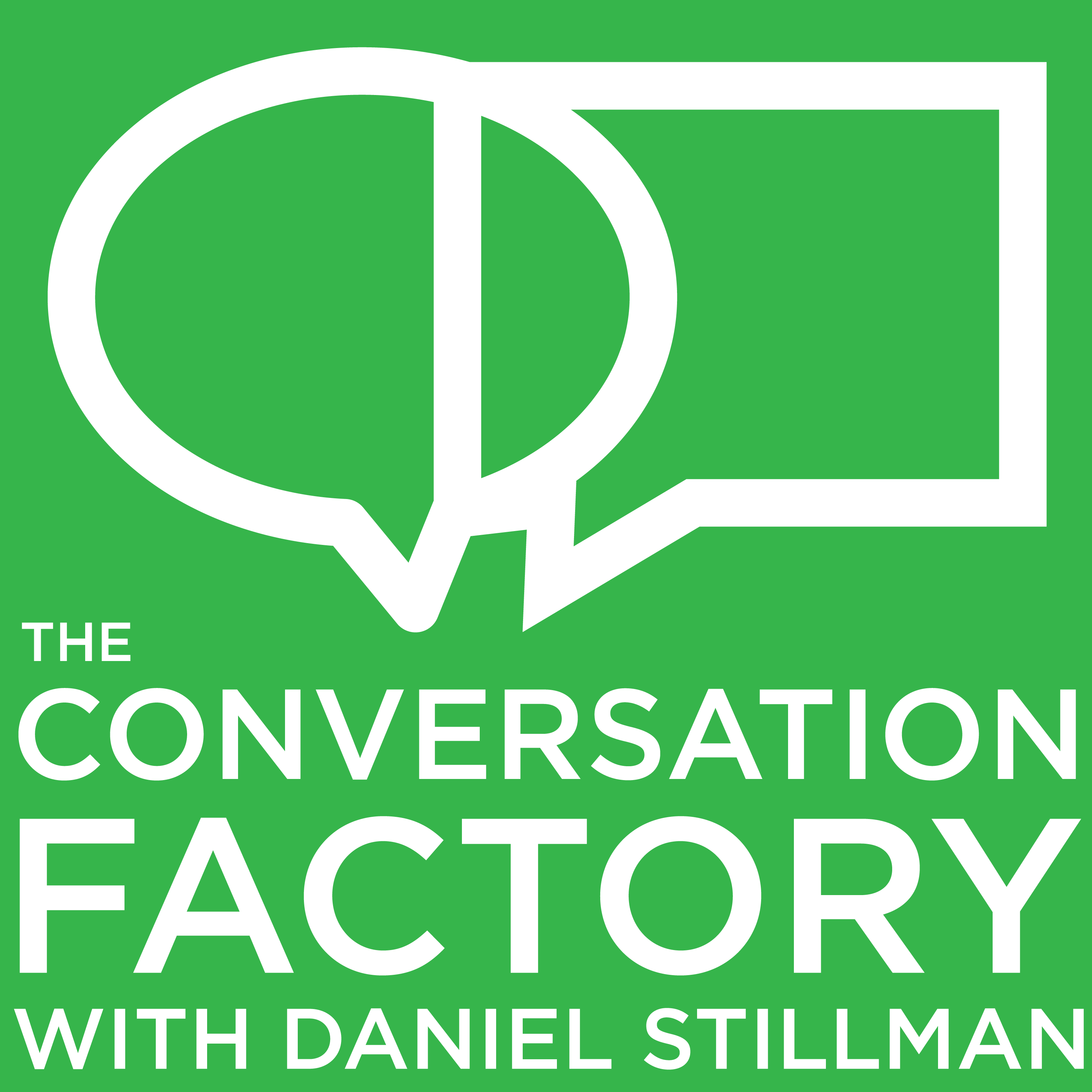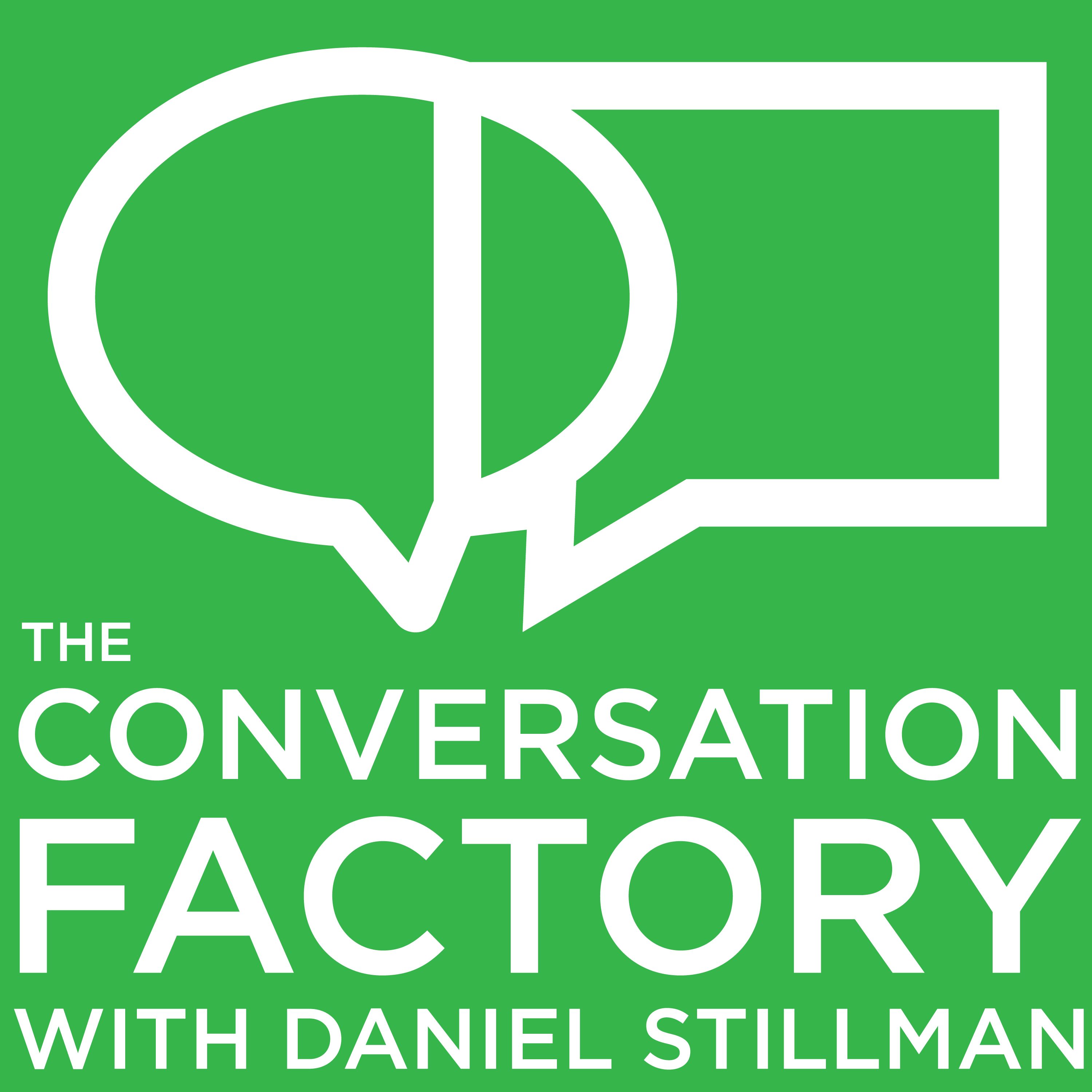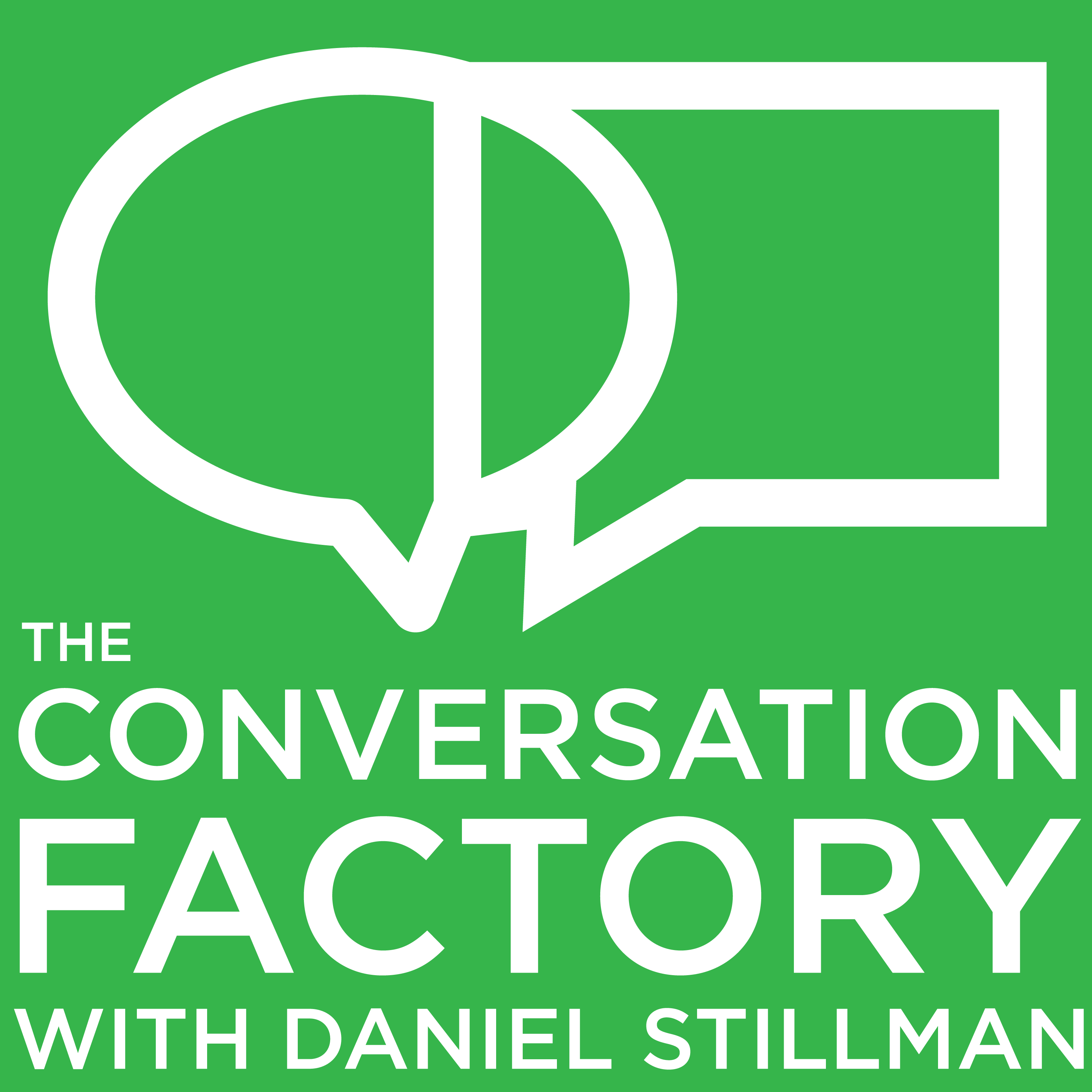Cofounder Conversations: Pivoting while Staying Sane
My guests today, Ryan Horrigan and Armando Kirwin, bonded over their mutual fascination with the future of entertainment and their desire to do something innovative, which led to the creation of their current company, Artie. We talk about pivots and micro pivots and staying sane through the million tiny conversations Cofounders need to navigate. Ryan, the CEO, and Armando, President and co-founder of Artie have a pretty radical vision for the future of social media— namely, to make TikTok, Instagram, Twitter and other social media apps the gaming consoles of the future. Before co-founding Artie, Ryan served as Chief Content Officer of the Comcast-backed VR & AR startup Felix & Paul Studios. He oversaw the development and production of feature films, including Academy Award Best Picture Winner “12 Years A Slave.” at Fox/New Regency, and is a two-time Emmy Award winner for immersive entertainment projects he produced with President Barack Obama and NASA, as well as a Peabody Award winner. Armando has been in the VFX world for over fifteen years, working with numerous award-winning directors, including two-time Academy Award nominee Lucy Walker, Sundance Grand Jury prize nominee Sandy Smolan on The Click Effect, which was nominated for an Emmy; and Imraan Ismail on The Displaced, which won the Grand Prix at Cannes. He also produced Take Flight, starring Benicio del Toro, Michael Fassbender, and Charlize Theron. His most recent VR film, Nothing is Safe (2022), was an official selection of the Cannes Marché du Film. While movies are a wonderful industry, they both saw the power and potential of gaming as a storytelling platform - and a financial juggernaut. If you didn’t know: According to a report by SuperData Research, the global gaming market was valued at $159.3 billion in 2020. This includes revenue from console games, PC games, mobile games, and esports. Let’s put that into perspective: the music industry was valued at $19.1 billion in 2020, and the movie industry at $41.7 billion. That means the gaming industry is more than three times the size of the music industry and almost four times the size of the movie industry. TikTok used to be where people just watched videos (as of this writing, TikTok and Netflix are nearly tied for eyeball-hours). Now, hundreds of thousands of people are playing games on TikTok thanks to Artie and the technology breakthroughs that make streaming app-quality games from within social media apps possible. But how did they get here? Through a million micro conversations about data, signals, stakeholders and what it all means. Artie is where are are today not because of one big pivot, but many, many micro-pivots over the course of years. Pivots impact the team - who you needed on staff when you were focused on one path isn’t always who you need when you’ve decided to shift directions. Communication between departments and involving the team more is important - which means being intentional about regular check-ins and interdepartmental communication, but eventually, it comes down to the co-founder conversation - owning the choices that need to be made and moving forward, all while making sure you stay healthy and sane. Pivots vs Shaping Clay I loved this metaphor from Ryan, where he suggested that, from the outside, to investors, bloggers and customers, a company may have pivoted once, or a few times. From the inside, there are daily conversations, where the product is being shaped like clay, remade, refocused, almost constantly. “Listen to your body, have a Coach and a Therapist” This was one of my favorite insights from this conversation. It’s not often that men talk openly about mental health and needing support. Ryan and Armando both have a coach (although they meet with that coach separately) and Armando advocated for having a therapist, while Ryan discussed how they got much much more intentional about listening to their bodies and taking down time. Armando suggests that therapy focuses on self-awareness, learning about yourself and your patterns, while his coaching focuses on future outcomes and goals. “You have to care deeply about your people, but at the same time, you can't care about what they think of you” Ryan quotes what he describes as a harsh-sounding notion from Dick Costello when he was at Twitter: In Ryan’s experience, when you make a tough decision, you can't worry about everyone's collective feelings (even though you DO care about them as people and teammates). You have to make the decision that you, as the leader, believe needs to be made. As a founder, you have to make and own tough decisions. Ryan points out that, at the end of the day, you can't ignore tough decisions. You can’t have someone else do it for you. He suggests that while these moments are hard, it’s helpful to focus on the people who are still with you and the ultimate goals you’re trying to achieve. Links https://www.artie.com/
 Sign in
Sign in Sign in
Sign in Sign in
Sign in


